What began as warning over the dangers of autonomous cars has suddenly turned into an advertisement for the technology, with a recent crash in America now revealed to be caused by a human mistake that the car wouldn't have made.
That's the claim from Waymo, at least; the Google-founded self-driving technology company currently working on a fleet of autonomous Chrysler people movers.
The heavily publicised accident occurred in California in October, when the self-driving Chrysler suddenly swerved into a neighbouring lane, colliding with a motorcycle and injuring the rider. At the time, it was thought the car's on-board computers were at fault. But a Waymo statement paints a very different picture of the accident, claiming the human in the driver's seat unnecessarily took control after another car cut in front of him, changing lanes without noticing the motorcyclist.
What's more, Waymo says it's a mistake its car, with its 360-degree field of vision, wouldn't have made.
"Our test driver took control of the vehicle after seeing a passenger car to the left abruptly move towards our vehicle’s lane," wrote Waymo CEO, John Krafcik. "Our driver responded by quickly moving the vehicle into the right lane. Unfortunately, our driver did not see that a motorcyclist had just moved from behind our vehicle into the right lane to pass us. As a result, our vehicle’s rear right bumper came into contact with the motorcycle.
"Some dynamic situations still challenge human drivers. People are often called upon to make split second decisions with insufficient context. In this case, our test driver reacted quickly to avoid what he thought would be a collision, but his response contributed to another.
"Our review of this incident confirmed that our technology would have avoided the collision by taking a safer course of action. While our test driver’s focus was on the car ahead, our self-driving system was simultaneously tracking the position, direction and speed of every object around it. Our simulation shows the self-driving system would have responded to the passenger car by reducing our vehicle’s speed, and nudging slightly in our own lane, avoiding a collision."
The news is bright spot in the push for autonomy's recent history, with high-profile accidents severely depleting the public's trust in the technology.
The 2018 Automotive Evolution of Mobility Study: Autonomous Vehicles by Cox Automotive - owner of CarsGuide - found that the number of people who would feel safer in a self-driving car than in one they could control themselves has dropped by around 18 per cent over the past two years.
The study, which surveyed 1250 consumers in the USA, also found that 84 per cent of buyers still want the option to take over the driving in an autonomous vehicle, while just 16 per cent would feel comfortable in an autonomous vehicle that didn't allow them to take control.





.jpg)
.jpg)

.jpg)
.jpg)



.jpg)
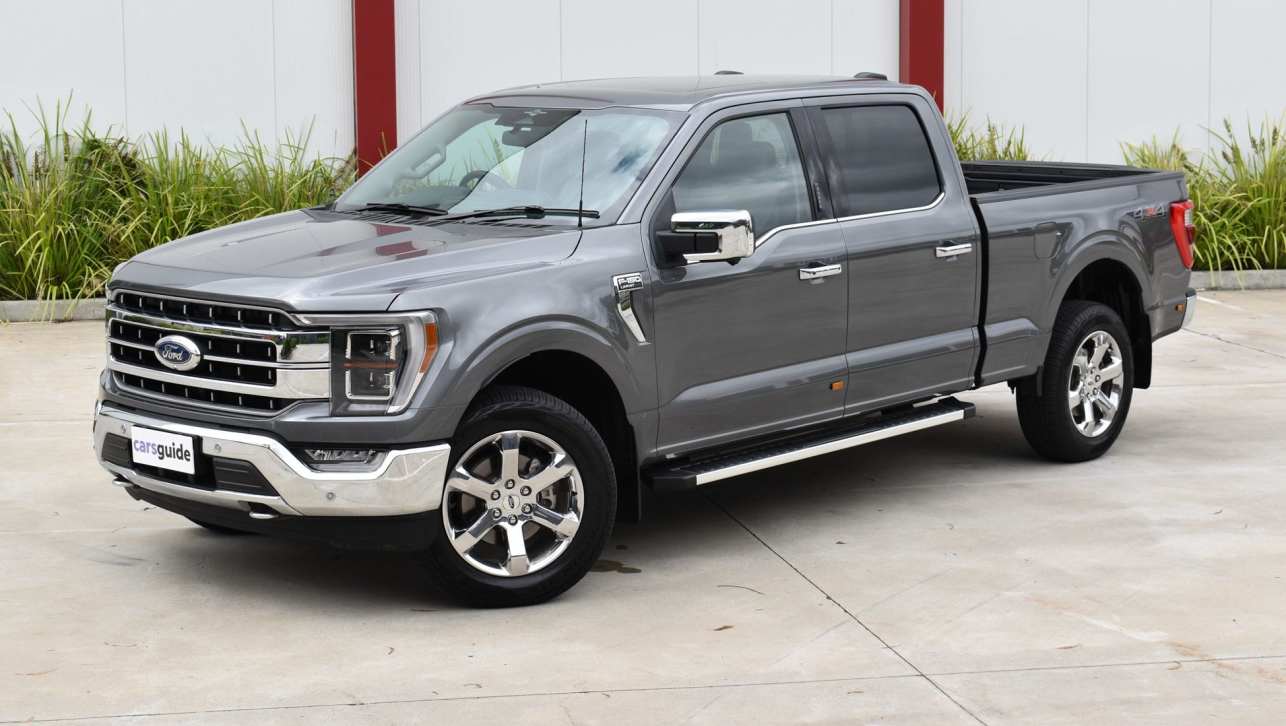
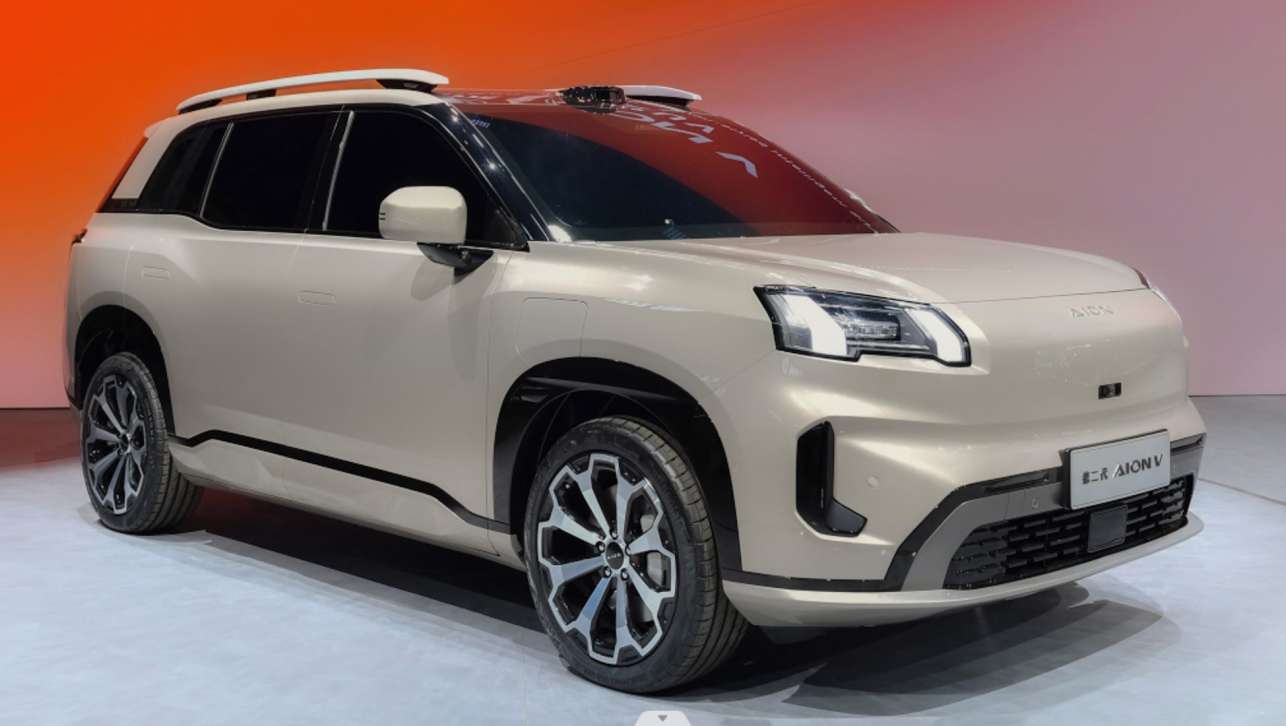
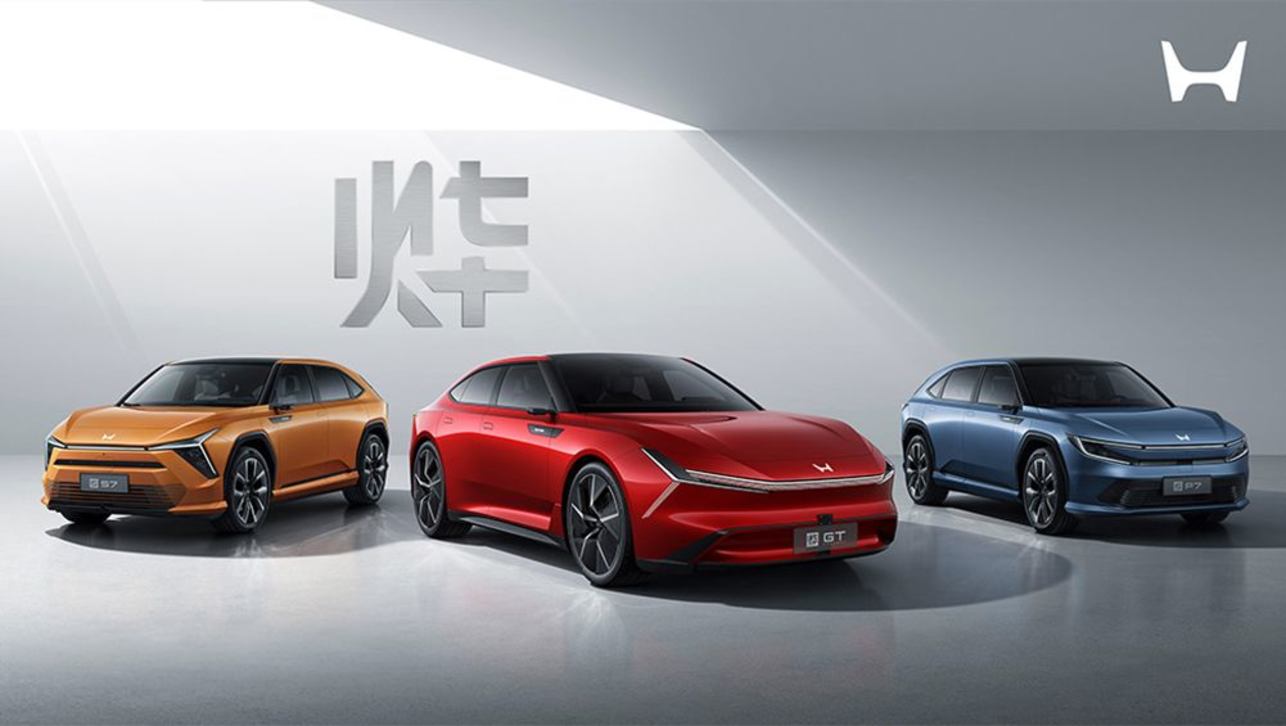
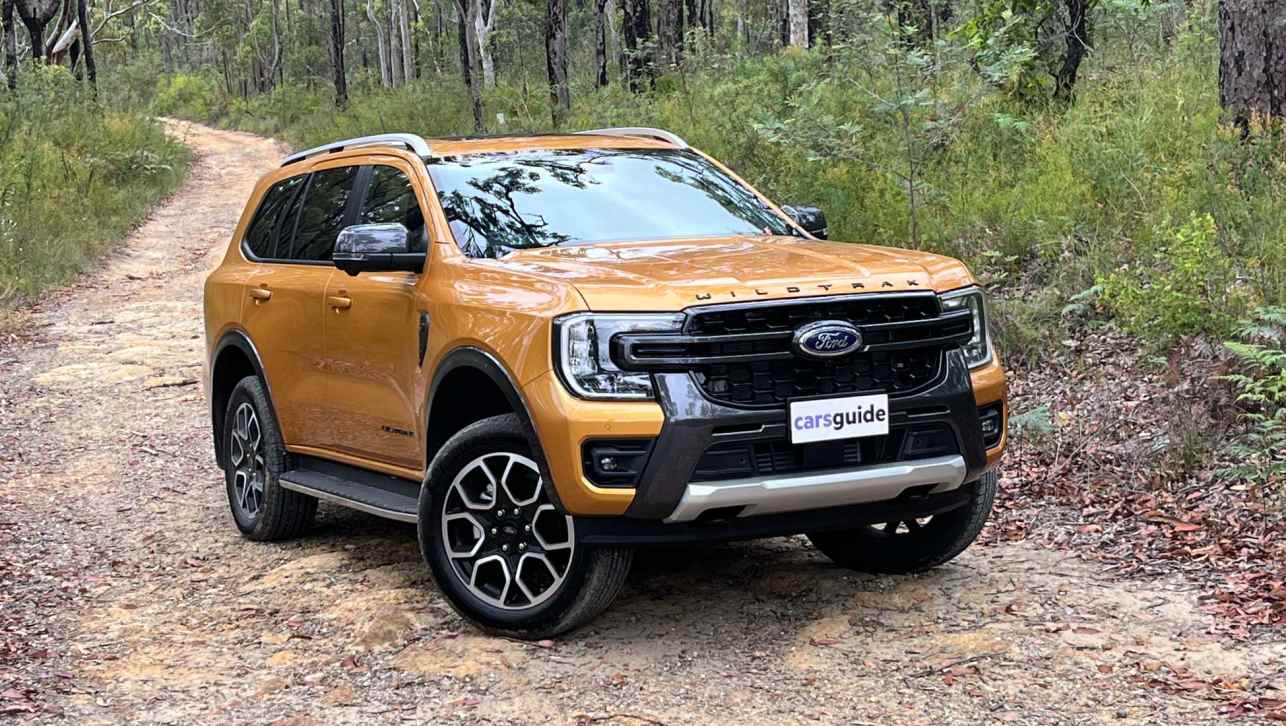

.jpg)

.jpg)
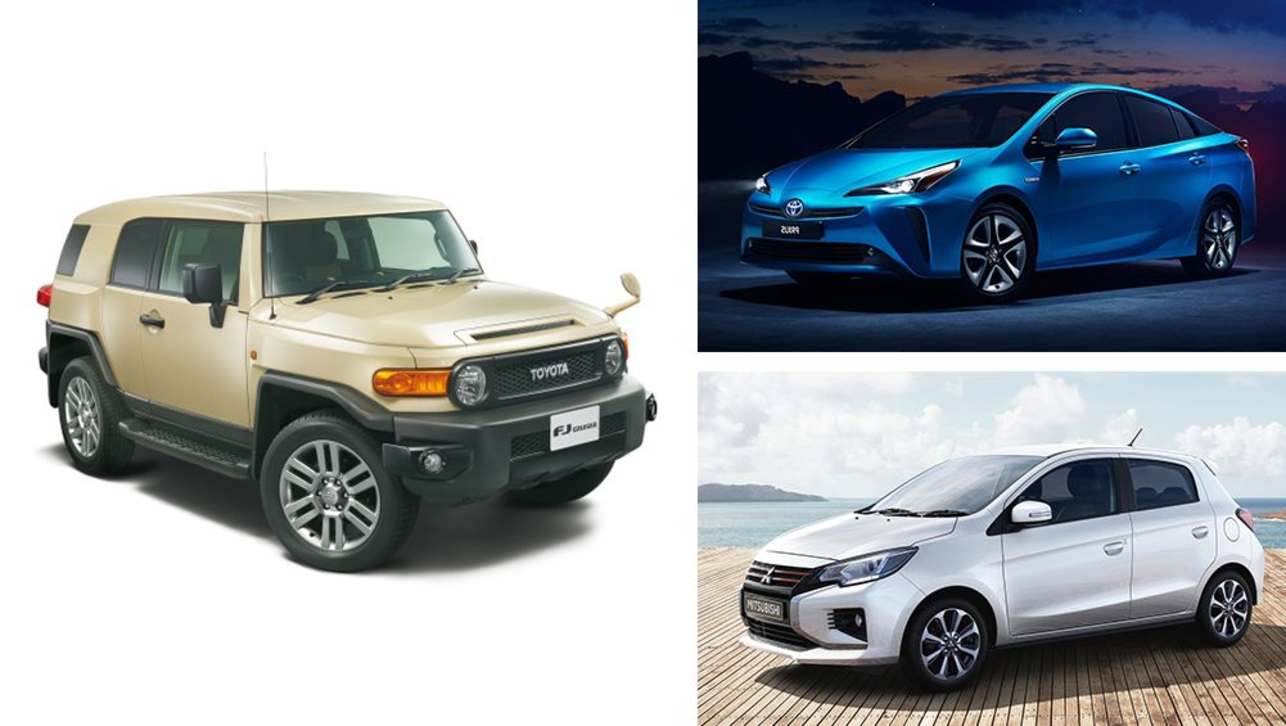
.jpg)
.jpeg)
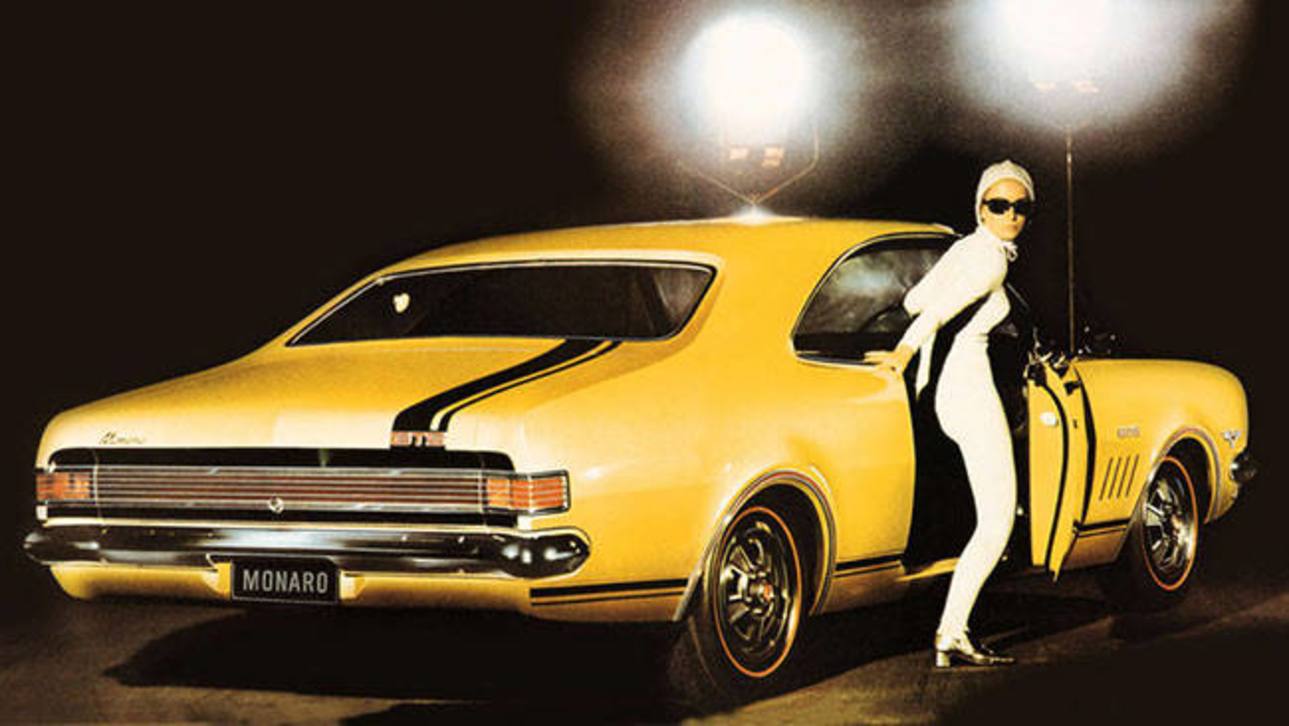


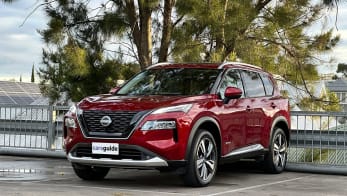

Comments